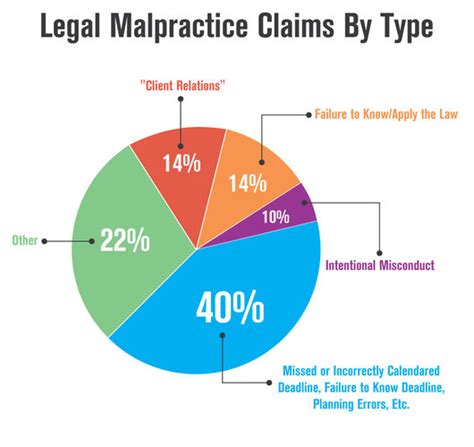Legal Deadlines Explained: How Long Do Prosecutors Have?
Navigating the legal system can feel overwhelming, especially when faced with criminal charges. Understanding the timelines involved is crucial for both the accused and the prosecution. One key aspect is knowing how long prosecutors have to file charges and proceed with a case. This isn't a simple answer, as it varies significantly based on several factors, including the jurisdiction (state or federal), the severity of the crime, and specific circumstances.
This article will delve into the intricacies of legal deadlines for prosecutors, exploring the relevant statutes and offering clarity on this complex topic. We'll also address common questions surrounding these deadlines.
What is the Statute of Limitations?
The cornerstone of understanding prosecutorial deadlines is the statute of limitations. This is a law that sets the maximum time after an event within which legal proceedings may be initiated. Once the statute of limitations expires, the prosecution can no longer file charges. This is a fundamental principle of justice, designed to prevent the prosecution of stale cases where evidence may have been lost or witnesses' memories have faded.
Importantly, the statute of limitations varies drastically depending on the type of crime. Felonies generally have longer statutes of limitations than misdemeanors, and some crimes, like murder, may not have a statute of limitations at all. These differences reflect the gravity of the offense and the public interest in bringing perpetrators to justice.
How Long Do Prosecutors Have to File Charges?
There's no single answer to this question. The timeframe depends heavily on the specific jurisdiction and the crime committed.
Federal Cases: Federal statutes of limitations vary widely depending on the offense. Some felonies have statutes of limitations as short as five years, while others, such as espionage, have no limitations at all.
State Cases: State laws governing statutes of limitations differ significantly. Each state has its own set of statutes outlining the time limits for various crimes. It's crucial to consult the specific state's laws to understand the relevant deadlines.
Factors Affecting Deadlines:
Beyond the general statute of limitations, several factors can influence how long prosecutors have to act:
- Discovery of Evidence: If new evidence emerges after the initial statute of limitations, there may be a window to file charges. This usually involves evidence previously unknown to the authorities.
- Fugitives: If a suspect flees the jurisdiction, the statute of limitations may be tolled (paused) until they are apprehended.
- Conspiracy: In cases involving conspiracies, the statute of limitations might begin only when the last overt act in furtherance of the conspiracy occurs.
What Happens if the Statute of Limitations Expires?
If the statute of limitations expires before charges are filed, the prosecution is barred from pursuing the case. The accused can successfully claim the defense of "statute of limitations expired." This means the case will be dismissed.
Can a Prosecutor Ask for an Extension?
Generally, prosecutors cannot unilaterally extend the statute of limitations. Legislatures establish these timeframes, and any changes would require legislative action. However, as mentioned above, the discovery of new evidence or the defendant's flight from the jurisdiction can effectively pause or restart the clock.
What if the Crime is a Felony?
The statute of limitations for felonies is generally longer than for misdemeanors. However, the specific timeframe will depend on the jurisdiction and the specific felony. Some states may have no statute of limitations for certain serious felonies such as murder.
What are the Differences Between State and Federal Statutes of Limitations?
Federal and state laws governing statutes of limitations are independent and often differ significantly. The specific timeframes and exceptions vary considerably between the federal system and each state's legal framework. Consulting legal professionals familiar with both federal and state laws is crucial for accurate interpretation in any given case.
Conclusion
Understanding legal deadlines, particularly those related to prosecutorial action, is vital for anyone involved in the legal process. The complexity of statutes of limitations necessitates careful examination of the specific jurisdiction, the nature of the crime, and any relevant exceptions. Consulting with an experienced legal professional is highly recommended to ensure accurate interpretation and appropriate legal action. This article provides a general overview; the information presented should not be considered legal advice. Always seek guidance from a qualified attorney for matters relating to your specific legal situation.

